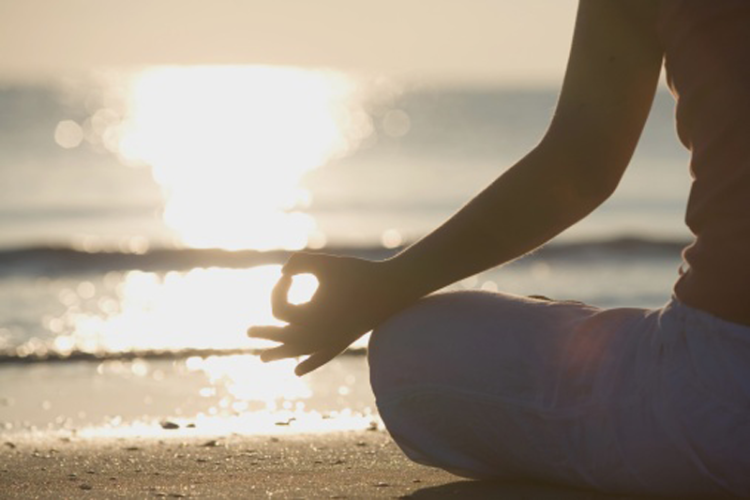
Before running a work life balance workshop for a corporate client, I survey participants to find out what they are most interested in. Invariably, meditation ranks low. Still, I introduce a brief guided relaxation and within the evaluations at the end, participants usually say they want to know more about meditation.
Meditation and mindfulness are now more widely recognised as valid tools in mainstream culture but there are still some myths that keep people skeptical.
Myth #1: If you start meditating you become so Zen that you get nothing done
Nothing could be further from the truth. If anything, the opposite is true.
In David Michie’s book Hurry Up and Meditate he writes, “To answer the question about whether or not we can combine tranquil contemplation with a helter-skelter lifestyle, the answer is not so much ‘we can’ as ‘we must’.”
In my own experience, the five minutes or so just after meditating is when I am able to focus most clearly on the important priorities for the day ahead. Meditation plays a huge part in keeping me calm and centred so I find I’m more productive, less agitated and I respond to tricky situations with greater clarity.
Myth #2: You need to give up coffee, wine or your other habits and beliefs
Other than giving up between ten and twenty minutes of your time each day, you don’t need to change a thing about the way you live.
One of the great side benefits of meditation is that you learn to develop a greater understanding of your mind and your body, so often you’ll make better choices in life. You might want less of the things that are overstimulating or depressing you and generally speaking, you’ll find more fulfilment in simple things. But you can still have a coffee, a wine or anything else you like and reap the benefits of meditation.
Myth #3: Your mind will be empty of thoughts
In a recent interview with the Dalai Lama, Sarah Wilson asked the question, ‘How do I get my mind to shut up?’. The Dalai Lama’s response: ‘There’s no use,’ he says. ‘Silly! Impossible to achieve! If you can do it, great. If not, waste of time.’
Throughout your meditation you’re going to be aware of lots of thoughts. Some days your mind will be busier than others. As best you can, just observe the thoughts in the same way you would observe clouds passing across the sky. Try not to get overly caught up in the thoughts but when you notice your attention is drifting away with the clouds, gently guide it back to your object of focus.
Myth #4: You need years of training in meditation before you’ll be any good at it
Meditation differs from almost everything else we do. In simple terms, meditation is simply about being with yourself – with your thoughts, your emotions and your physical experience in a non-judgemental way. Using an object of focus such as the breath, a mantra or a visual cue, you guide your attention gently away from the busy mind and find stillness in the space between thoughts.
Meditation can be as uncomplicated as you want it to be. You can learn the basics of meditation in a one hour class or by reading a simple book (our Learn to Meditate eBook is enough to get you started).
People generally get stuck when they begin to think ‘I’m not doing this right’.
As Paul Wilson (author of The Quiet) says, ‘There is no right. All you need to do is show up’.
Myth #5: You need a perfectly quiet environment to meditate
Regardless of where you are in the world, as soon as you close your eyes your sense of hearing becomes heightened. You’ll be aware of noises that you hadn’t noticed before – but these won’t stop you from meditating.
In the early days of meditation, it’s easier if you can find a relatively quiet space where you’re unlikely to be interrupted but ultimately, you want to change the way you interact with noise. Whenever you notice a sound while meditating, use it as a cue to return your attention to your object of focus and allow yourself to sink deeper into that beautiful state of calm.
We would be delighted for you to reproduce our articles as long as they remain intact and contain the author’s details as follows: ‘Kate James is a coach, speaker and writer. She works with people who want to live confident, creative lives. Kate can be contacted at totalbalance.com.au.’

